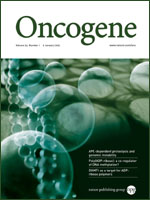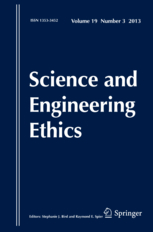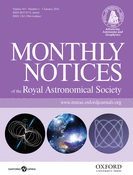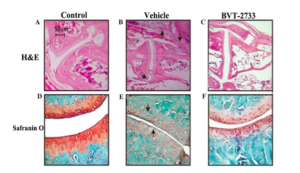 Robert Weinberg, a prominent cancer researcher at the Whitehead Institute, issued a correction to a paper in Oncogene in May, fixing two errors missed during proofing.
Robert Weinberg, a prominent cancer researcher at the Whitehead Institute, issued a correction to a paper in Oncogene in May, fixing two errors missed during proofing.
We found this one a little late, obviously. It also appears to be a relatively minor correction, not one that appears worthy of retraction. We’ve gotten feedback from readers asking why we cover corrections; we chose to flag this one because Weinberg has had such an impact on his field — he discovered the first tumor-causing gene in humans, as well as the first tumor-suppressor gene — and his papers are often highly cited. He also has issued five retractions in the past, most of which for papers whose first author was a member of his lab, who is not a co-author on the Oncogene paper.
Here’s the correction note for “Thrombospondin-1 repression is mediated via distinct mechanisms in fibroblasts and epithelial cells:”
Continue reading Cancer research pioneer Robert Weinberg corrected Oncogene paper



 A group of astrophysicists has notched a pair of corrections for papers on galaxy clusters, thanks to an error that affected several figures in the papers, but not the overall conclusions.
A group of astrophysicists has notched a pair of corrections for papers on galaxy clusters, thanks to an error that affected several figures in the papers, but not the overall conclusions.

